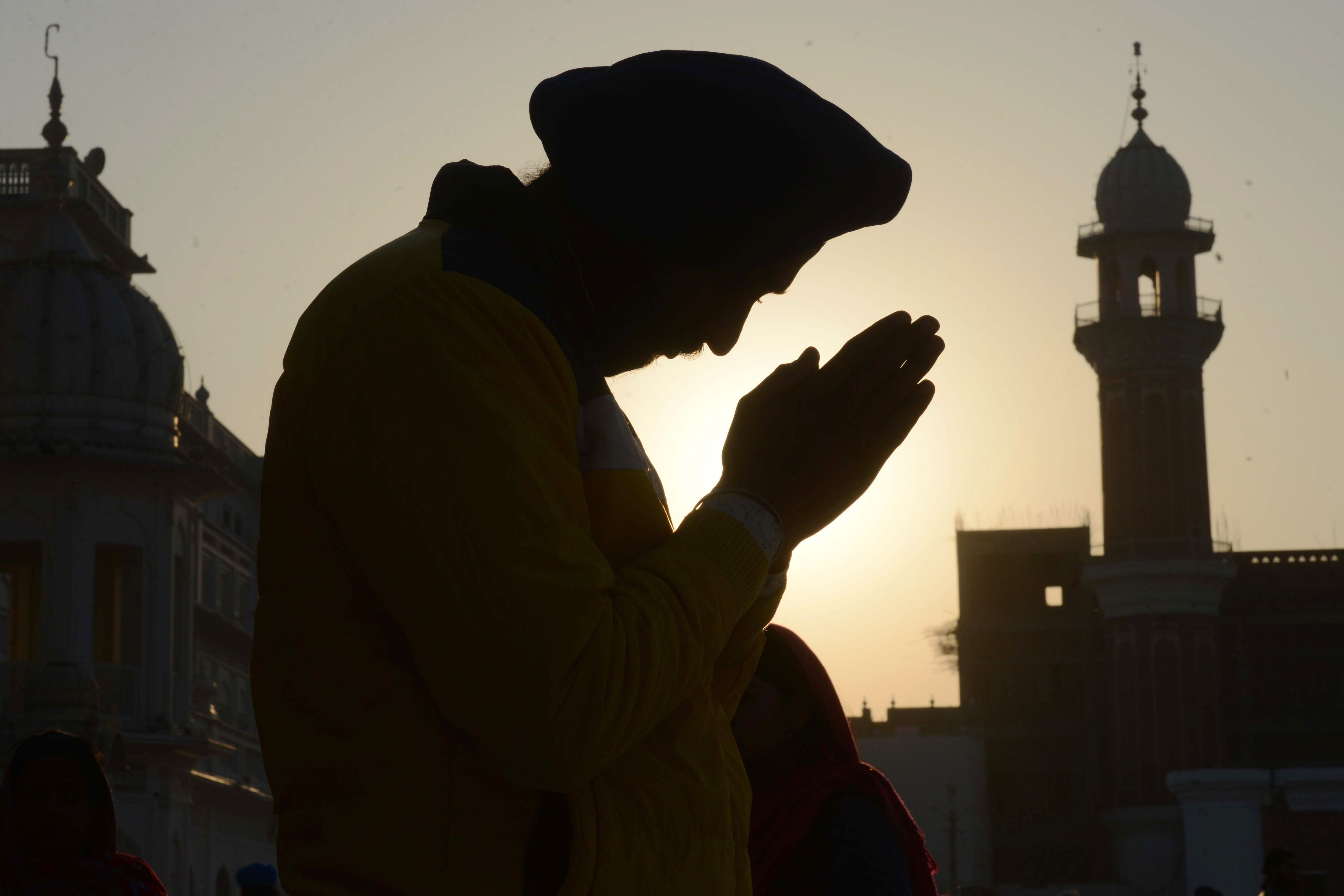Growing up a Sikh in the UK
‘We have always been put down’

Your support helps us to tell the story
From reproductive rights to climate change to Big Tech, The Independent is on the ground when the story is developing. Whether it's investigating the financials of Elon Musk's pro-Trump PAC or producing our latest documentary, 'The A Word', which shines a light on the American women fighting for reproductive rights, we know how important it is to parse out the facts from the messaging.
At such a critical moment in US history, we need reporters on the ground. Your donation allows us to keep sending journalists to speak to both sides of the story.
The Independent is trusted by Americans across the entire political spectrum. And unlike many other quality news outlets, we choose not to lock Americans out of our reporting and analysis with paywalls. We believe quality journalism should be available to everyone, paid for by those who can afford it.
Your support makes all the difference.Bhervinder Singh was ten years old when he fell off his bicycle and cut his eye. For the next ten minutes, he sat on the road crying as passer-bys did nothing but laugh at him.
This was moment that led him to realise that he was different from everyone in his conservative neighbourhood in Birmingham. When he played in his back garden, people walking by would hurl racist abuse at him.
Years later, at the age of 39, Mr Singh says that little has changed.
Coordinator of Affiliate Organisations at the Sikh council, Mr Singh is a baptised Sikh. Everyday dress includes wearing a turban and he sports a beard which he believes have made him a lightning rod for racial slurs.
Mr Singh works at a college where he says he often hears comments from students who, amongst other things, have called him a “Taliban” or “Osama Bin Ladin.”
He says this has not only affected him at work, but has also on occasion made his children feel uncomfortable when out and about with him.
The Coordinator of Affiliate Organisations at the Sikh council explained: “Whenever we go to a new area, my daughter can immediately sense if someone is looking at me funny or pointing at me, calling me names.
“She’ll then say to me, ‘Daddy can we go?’ That’s not how we want our children growing up in this country. We want them to feel comfortable. If they feel scared because people watch us because of how we look, it’s always wrong.”
More than 100 years ago, 379 Sikh people were killed by British Army troops in the Jallianwala Bagh Massacre in Amritsar, India, as they celebrated the Baisakhi festival.
Many Sikhs living in the UK still believe that the apologies they were offered were not sufficient. However, it is the enduring effects of the discrimination that Mr Singh thinks is the most detrimental.
“We have always been put down,” he told The Independent, “102 years ago our people were killed while celebrating a religious festival, and today despite contributing so much to society and the economy here, our needs are never heard.”
The Sikh religion calls for its believers to wear five religious items on their bodies. This includes Kesh (uncut hair), Kangha (a hair comb), Kara (iron bracelet), Kachera (cotton undergarment) and the Kirpan (an iron dagger).
The Criminal Justice Act allows Sikh people to carry the Kirpan with them for religious reasons, however, people of the faith are often placed in difficult situations with people who are not familiar with their beliefs.
A barrister was stopped from entering the court in 2019 for carrying a Kirpan. A schoolgirl was suspended for breaking uniform regulation for wearing a Kara, and young girls are sometime bullied in schools for not shaving their legs or for having long hair.
The Sikh Council experienced an incident last year where a young Sikh boy was being sponsored by his school to cut off his hair.
Mr Singh said: “If any child of faith goes to school one day, and decides they want to change the way they look completely, they should first and foremost be asked if they are alright. If anyone said anything at home or in school. None of those questions were asked.”
Between 2019 and 20, there were 202 reported cases of hate crime against Sikhs, which is almost twice the number recorded between 2017 and 2018, according to a Home Office report.
In reality, this number is thought to be much higher, as sometime abuse against Sikhs is mistakenly counted as Islamophobia.
The Sikh community believes their concerns are too often grouped with those of other religions and ethnicities.
Indeed, a motion which was fronted by MP Preet Kaur Gill to include Sikhs as an ethnic group in the 2021 census survey did not pass and the category ‘Sikh’ only remained an option under religion.
Surjit Singh Dusanjh, a Sikh Council UK spokesperson, said: “We welcome the recommendation to use data in a responsible and informed way. However, there is no mention of communities like the Sikhs that are recognised as both a religious and ethnic group within the Equality Act 2010.
“These communities are never monitored for data collection in terms of ethnicity. So, any inequalities or disparities for the Sikh community and others are never highlighted or addressed.”
Mr Singh said these are just some of the ways that the systemic inequality has hindered the Sikh community.
“My father came to the UK years ago, and many families have spent 60 or 70 years trying to integrate into society,” he says, “but that shouldn’t mean that we should have to cut our hair or go to pubs just to be accepted.”
Join our commenting forum
Join thought-provoking conversations, follow other Independent readers and see their replies
Comments